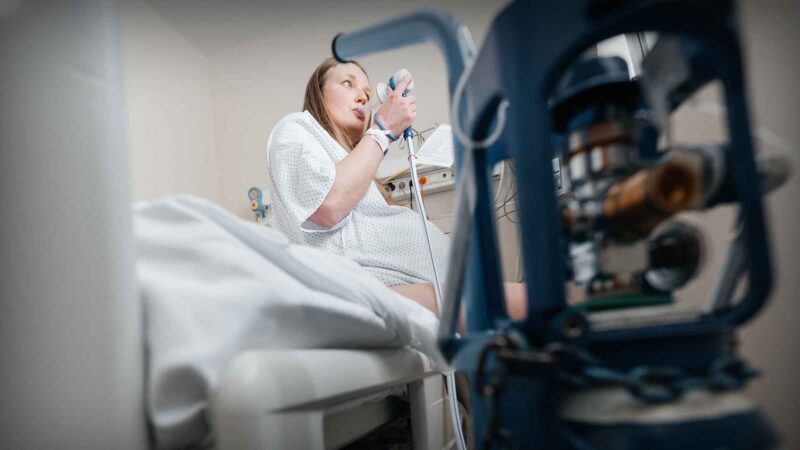NEXT-GENERATION NK CELL-BASED IMMUNOTHERAPIES FOR HARD-TO-TREAT CANCERS
Associate Professor Fernando S. F. Guimaraes, PhD, GAICD
Group Leader, Translational Innate Immunotherapy
Frazer Institute, Faculty of Medicine,
The University of Queensland, Australia
RESEARCHER PROFILE
Filmed in Brisbane, Australia | February 2025
Associate Professor Fernando Guimaraes is an internationally recognised leader in cancer immunotherapy and natural killer (NK) cell biology. Based at The University of Queensland, he leads innovative research focused on developing next-generation NK cell-based immunotherapies for hard-to-treat cancers, including sarcomas and neuroblastoma.
A/Prof Guimaraes completed his PhD at the Institut Pasteur and pursued postdoctoral research at QIMR Berghofer and WEHI before joining UQ in 2019. His pioneering work has significantly advanced understanding of immune evasion mechanisms in cancer, leading to potential breakthroughs in NK cell therapies. His research integrates systems biology, experimental oncology, and bioinformatics to design novel, targeted treatments resistant to tumour-induced immunosuppression. His contributions have earned him numerous awards, including the QLD Tall Poppy, UQ Frazer Institute Rising Star, Translational Research Institute – Connecting with the Clinic Awards.
He has published extensively in top-tier journals, secured and led major research funding (NHMRC, MRFF, US DoD) focused on NK cell therapies. A/Prof Guimaraes also plays a key role in mentoring early-career researchers, serving as the Chair of the Research Committee at Cure Cancer Australia and leading multiple international collaborations.
Source: supplied
You Might also like
-
Joanne Chio
ICON CANCER CENTRE – SINGAPORE
SINGAPORE -
Medically Complex Pregnancies
A/Prof Shelley Wilkinson is an Advanced Accredited Practising Dietitian, Fellow of Dietitians Australia, and a leading Australian researcher in maternal health and implementation science.
She has over 30 years of experience in the field and holds a PhD in Psychology. Her passion is in health service redesign through co-creation and combining the ‘know-what’ of nutrition with the ‘know-how’ of innovative behaviour change techniques.
-
RESEARCH IMPACT: 35 years of kids’ health research
The Kids Research Institute Australia is one of the largest and most successful medical research institutes in Australia. The Institute has created a blueprint that brings together community, researchers, practitioners, policy makers and funders, who share our vision to improve the health and wellbeing of children through excellence in research. In November 2025, The Kids Research Institute Australia celebrated 35 years of bold ideas, groundbreaking research, and the people who find answers to the big questions about better health outcomes for children and families.

 https://orcid.org/0000-0002-2037-8946
https://orcid.org/0000-0002-2037-8946


